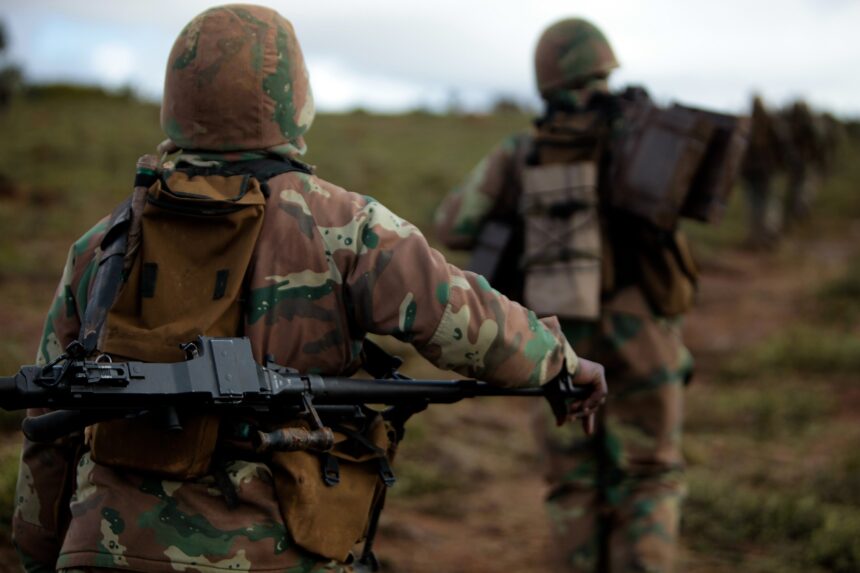Summary by Geopolist | Istanbul Center for Geopolitics:
The paper examines intricate patterns in weaponry transfers to sub-Saharan Africa. The region accounted for about 2.2% of global weaponry imports from 2019 to 2023. Nigeria, Angola, Senegal, Mali, Uganda, and Ethiopia were the six nations with the highest import quantities, which decreased markedly in comparison to previous years. Due to economic sanctions and changing geopolitical circumstances, the importation of armaments has declined, even amidst ongoing wars and insecurity in the region.
Sub-Saharan African states acquire their armaments from other nations, including China, Russia, and France, as well as emerging suppliers like Turkey and Belarus. This is a main trend occurring in the industry.
Arms transfers are significantly influenced by geopolitical turmoil, sanctions, and regional conflicts. These elements constitute a substantial segment of the overall impact. Ethiopia solicited support from China and Russia following the cessation of help from Western nations after the Tigray military conflict.
The provision of military aid has diminished relative to the Cold War era, affecting the capacity of major powers to utilize arms transfers as a means of leverage. Nevertheless, several countries, including the United Arab Emirates and Turkey, are progressively depending on the procurement of weapons to enhance their influence in significant locations.
The arms transfer environment is very dynamic, with significant deals, such as Italy’s impending delivery of light combat aircraft to Nigeria, capable of substantially altering supplier rankings. This is due to the influence that significant agreements exert on the environment.
Arms imports are motivated by security requirements: nations facing insurgencies, terrorism, and regional wars (such as Nigeria’s battle with Boko Haram) prioritize the acquisition of counterinsurgency apparatus, including armoured vehicles and helicopters.
Geopolitical motivations: Nations like Senegal and Angola utilize arms imports to enhance their defensive capability and uphold peace.
Strategic Incentives: Strategic motivations also propel collaborations with significant suppliers.
The region’s security needs and the geopolitical goals of outside parties both have an impact on the distribution of armaments in sub-Saharan Africa. This renders the region a fluid and dynamic arena for military operations.
Read the full article here.







